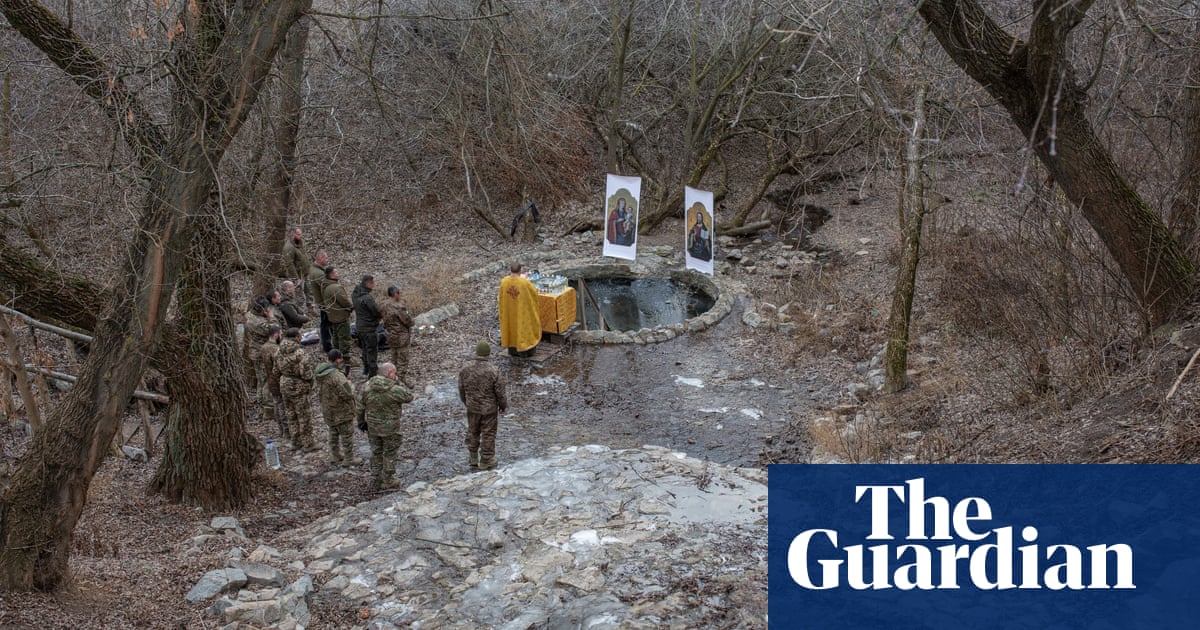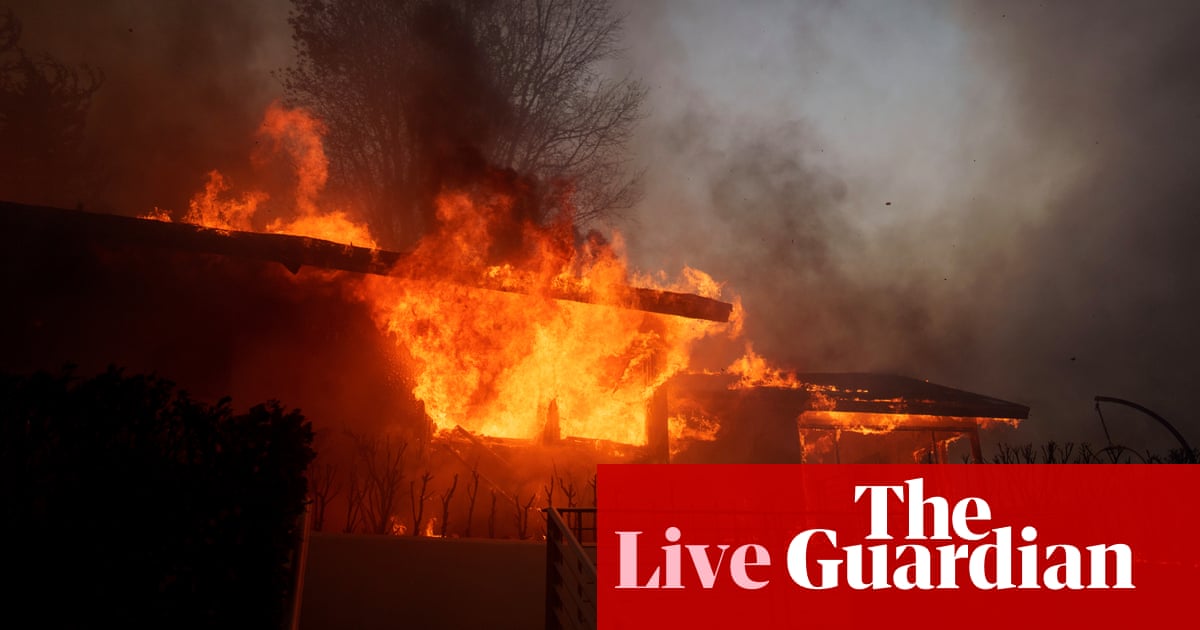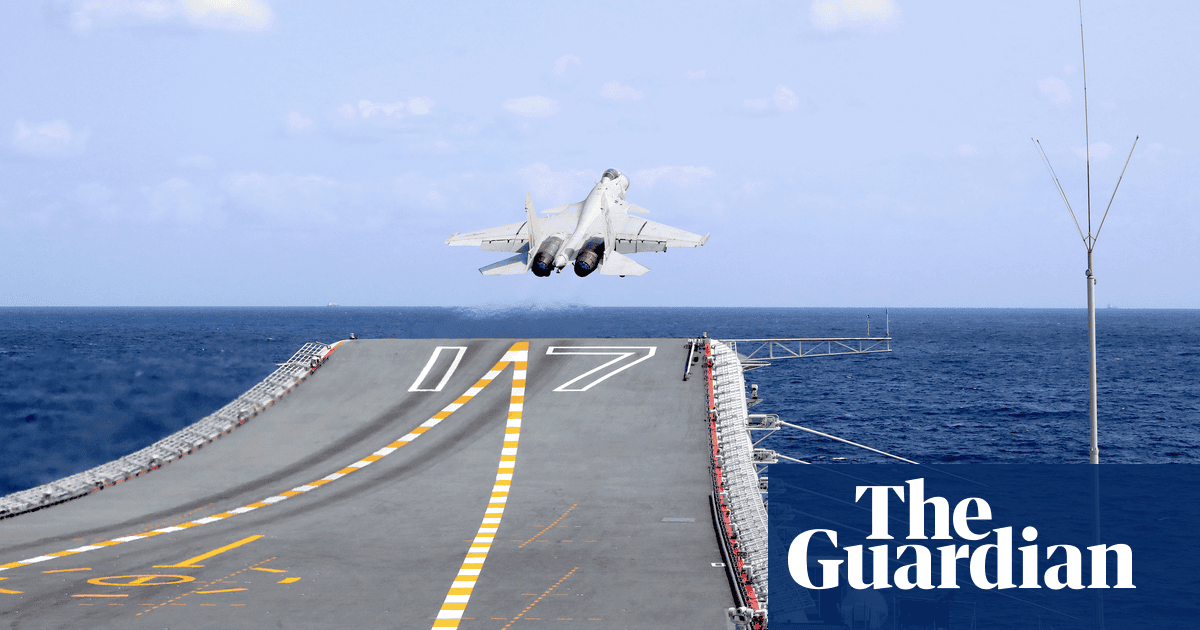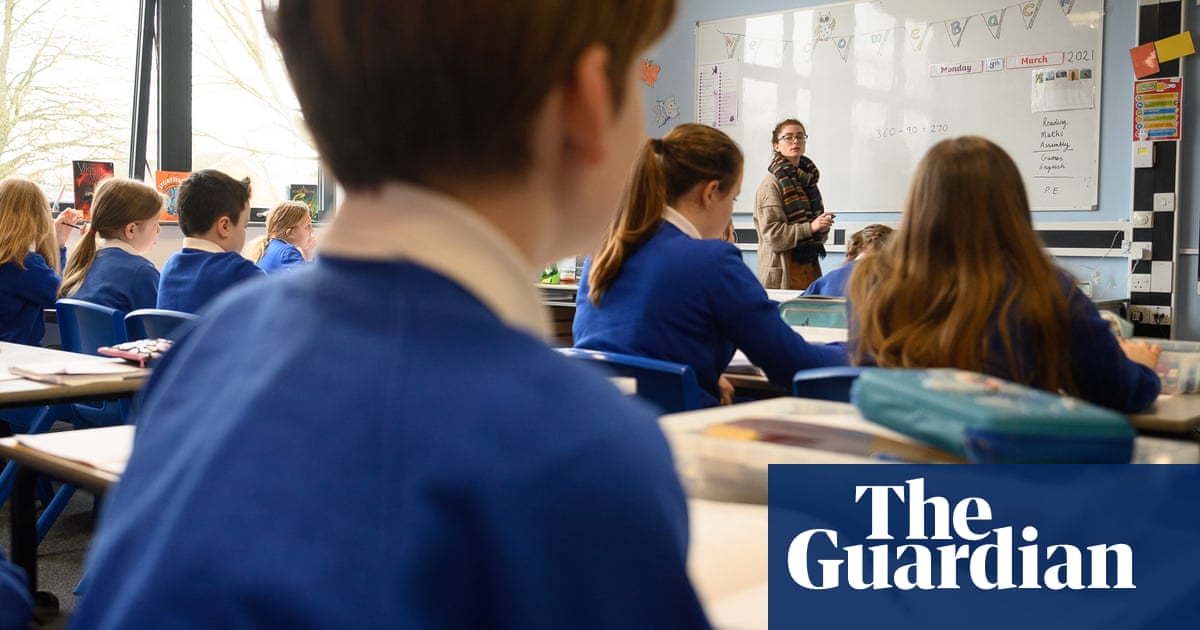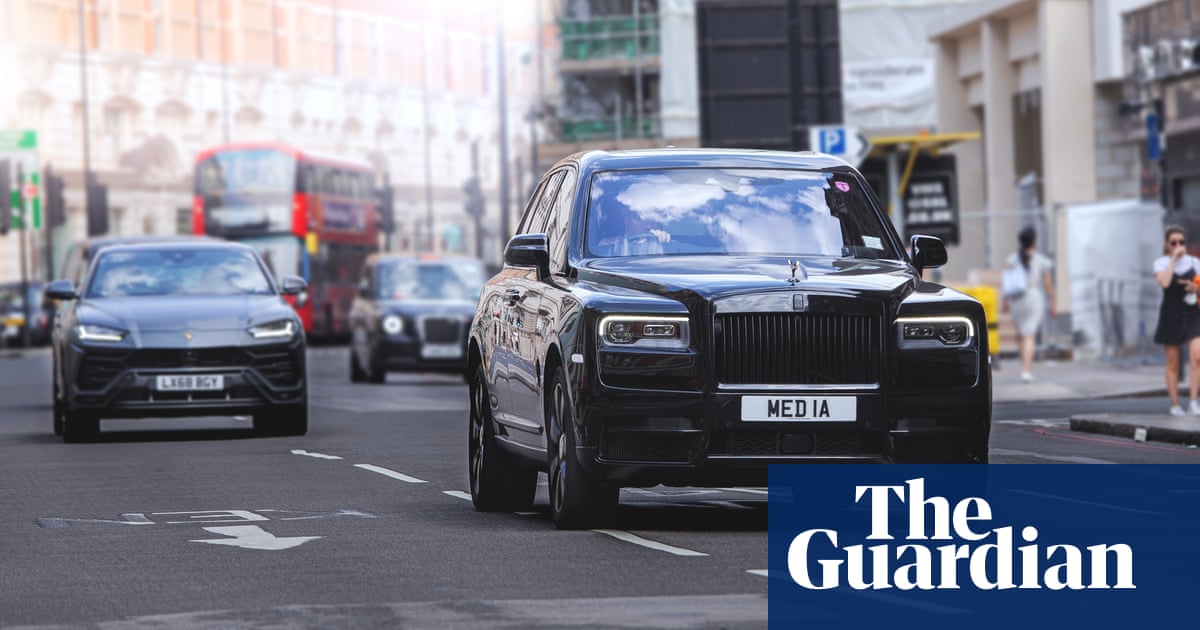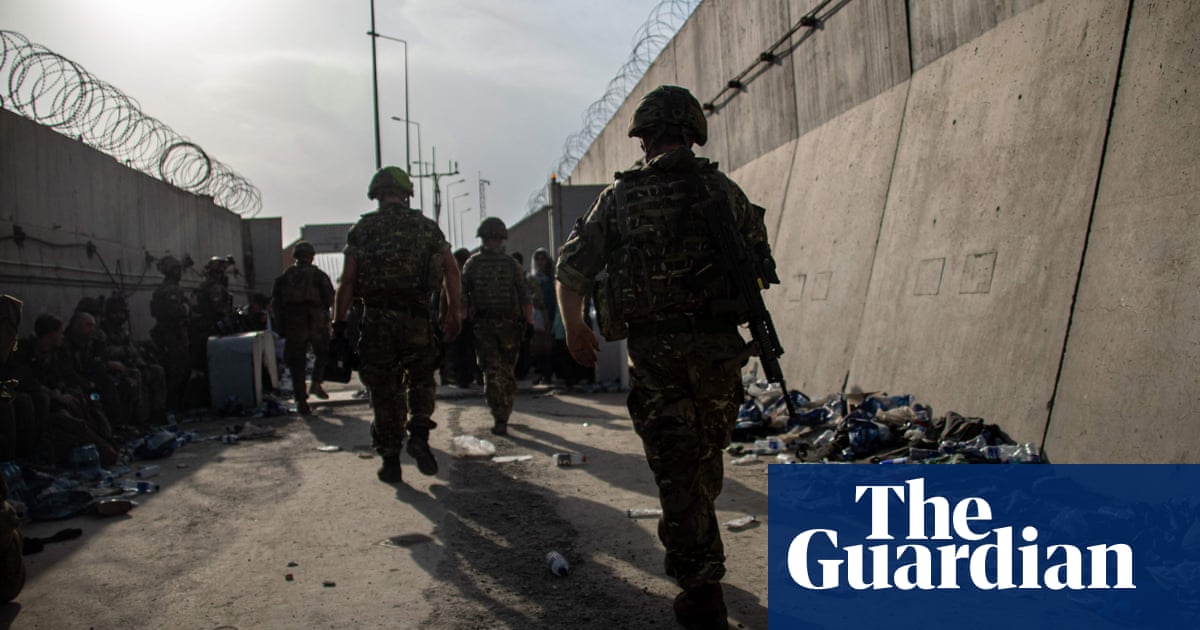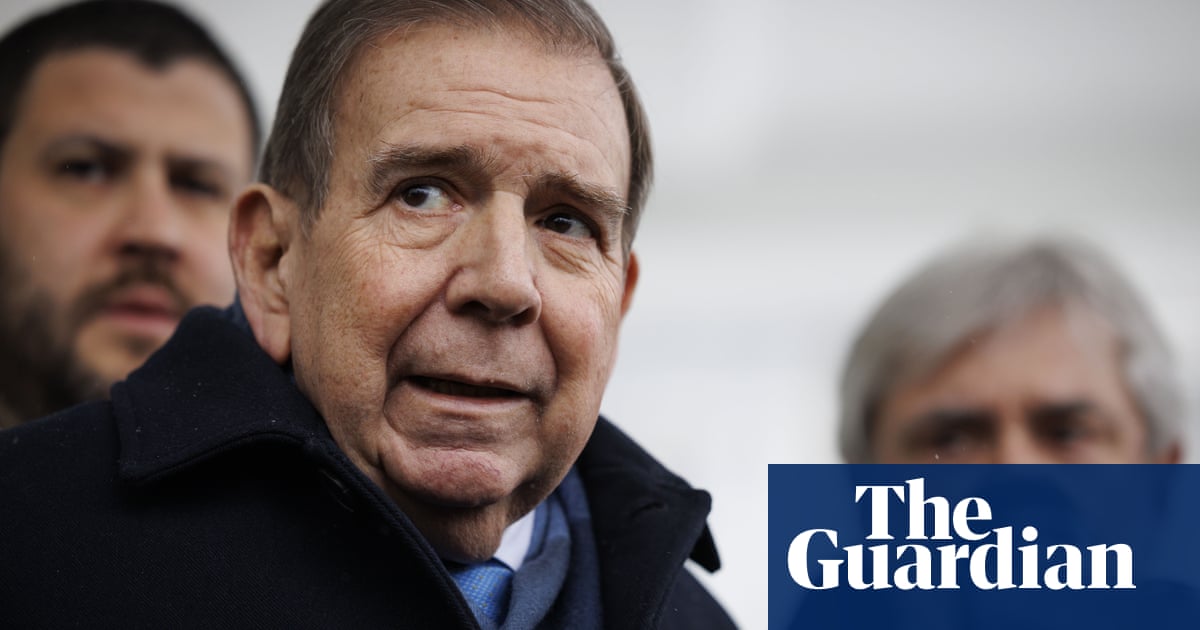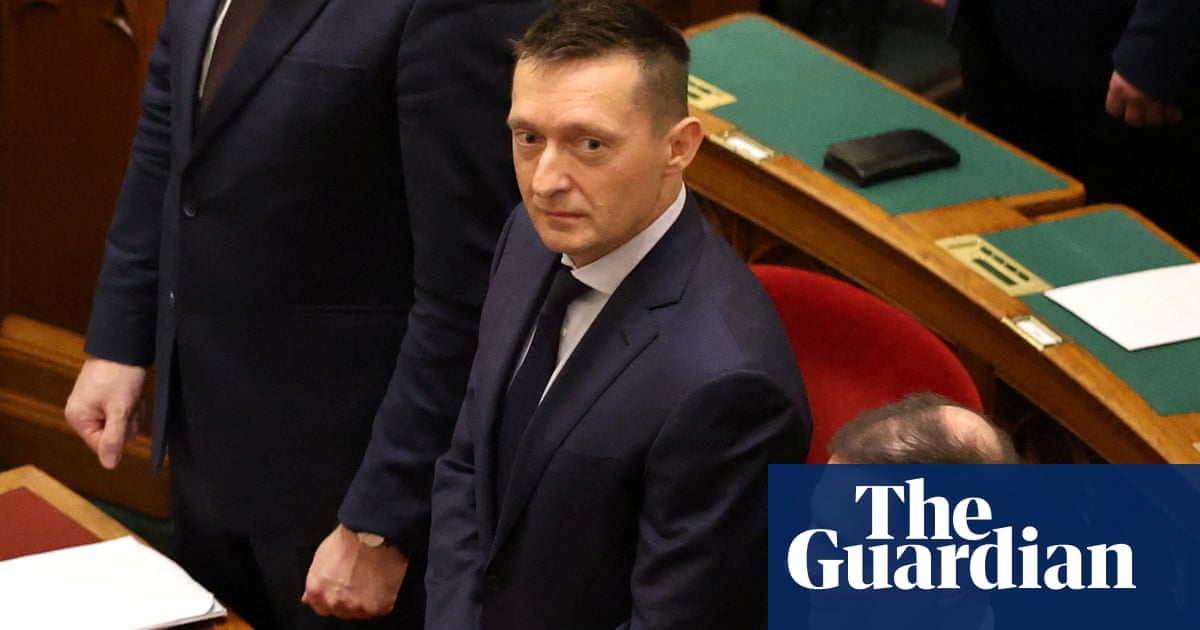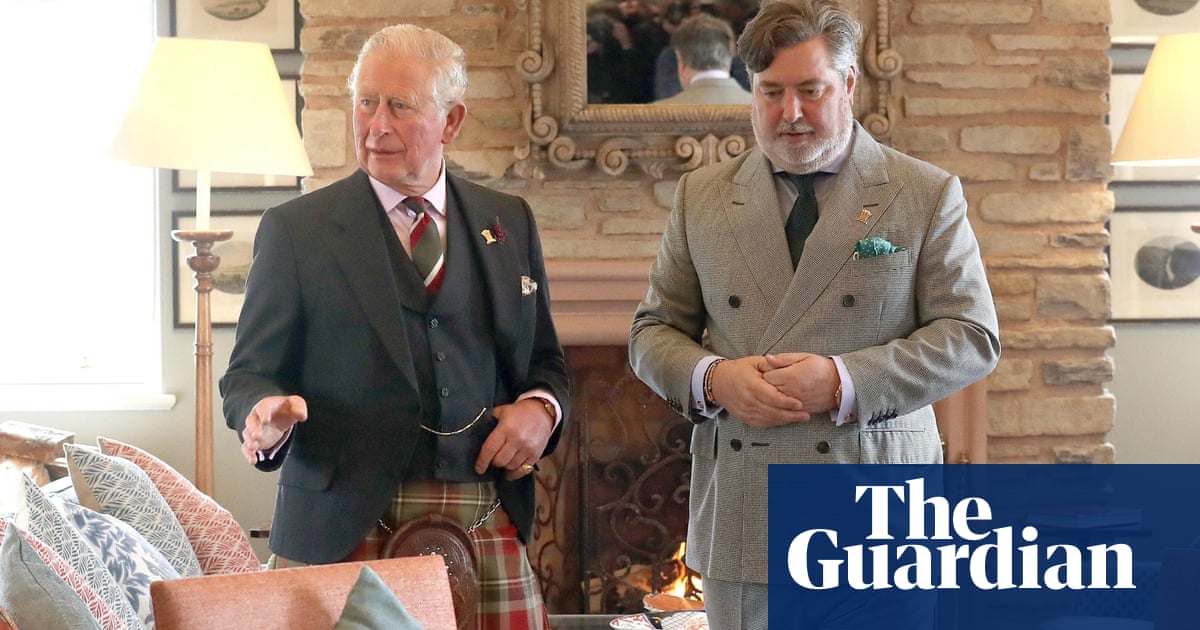Alexei Navalny, Russia’s leading dissident, died last February, imprisoned in the Arctic Circle. His posthumously published memoir is an exhilarating read. With an eye on pending tragedy, he lovingly writes of family, doubles-down on faith and celebrates the quotidian. He also delivers a stinging indictment of autocracy while embracing Hogwarts and Middle Earth.
“When I am asked what it’s like to die from a chemical weapon, two associations come to mind: the Dementors in Harry Potter and the Nazgûl in Tolkien’s Lord of the Rings,” Navalny writes of his novichok poisoning in 2020 – carried out on the orders of Vladimir Putin.
“The kiss of a Dementor does not hurt: the victim just feels life leaving. The main weapon of the Nazgûl is their terrifying ability to make you lose your will and strength.”
As a younger man, Navalny spent time at Yale. “Everyone around me was smarter than I was,” he felt. “It was wonderful.”
He acknowledges a modicum of awkwardness. “My social set was the nerds, despite my own not particularly nerd-like appearance.” Still, he “got” the girl, the beautiful Yulia. It was “love at first sight”.
Patriot is self-deprecating: “My book, originally an autobiography with an intriguing thriller about uncovering an assassination attempt using chemical weapons, has turned into a prison diary. It’s a genre so saturated with clichés that it’s impossible not to write them.”
Trained as a lawyer, Navalny founded the Anti-Corruption Foundation in 2011 in Russia. He took his opposition to Putin mainstream two years later, running for mayor of Moscow. He finished second, with 27% of the vote. Engagingly, he writes that The Wire, David Simon’s HBO series on Baltimore, served as inspiration and guide.
“In one season there was a storyline about the hero running for mayor of Baltimore. I explained to our staff responsible for organizing meetings with the public that I wanted the same scenario: a stage, chairs for the elderly, groups of other people standing around. That is probably entirely typical in an American election campaign, but no one had done anything like it before in Russia.”
In 2016, Navalny announced a run for president, challenging Putin directly, only to see his candidacy barred in 2018. In 2020, he was poisoned. After hospitalization in Germany, he returned to Russia, immediately arrested and exiled to a penal colony. Last year, the authorities dramatically lengthened his sentence. He died at the age of 47.
On the page – from the grave – Navalny lambasts the war on Ukraine.
“Because of Putin, hundreds now, and in the future tens of thousands, of Ukrainians and Russian citizens will die. Yes, he will stop Ukraine from developing, he will drag it into the swamp, but Russia too will pay a high price.”
He underestimated. The west places Russian war dead at nearly 200,000, with around 400,000 wounded. Ukraine has suffered an estimated 80,000 troop deaths and another 400,000 wounded.
Navalny’s scorn is stringent: “We have everything for massive 21st-century development, but we will again squander the historic opportunity of leading a rich, healthy life as a nation, in exchange for war, filth, lies, and a palace with golden eagles.”
Even as he surmises his end, he laces his story with humor: “Whatever the circumstances … an agreement is an agreement, and this book is something I myself need. If they whack me, my family will get the advance and royalties that, I hope, there will be.”
Yulia and their two children weigh on his mind. But consider his use of “whack”. Think Putin as Tony Soprano … with nukes and a massive army. Navalny’s memoir is mordantly funny.
“Let’s face it, if a murky assassination attempt using a chemical weapon, followed by a tragic demise in prison, can’t move a book, it is hard to imagine what would. The book’s author has been murdered by a villainous president; what more could the marketing department ask for?”
The Russian government blamed natural causes for Navalny’s death. To his supporters, it was an execution ordered from on high.
“Vladimir Putin is answering for the death and for the murder of my husband,” Yulia Nalvalnaya recently said. “I will participate in the elections … as a candidate,” she told the BBC. “My political opponent is Vladimir Putin. And I will do everything to make his regime fall as soon as possible.”
Navalny himself was uncertain that autocracies are destined to fail. China, Cuba and North Korea have outlasted their critics. The USSR stood for 70 years. Putin’s grip on Russia is strong. He brings them death, yet people cheer him.
“We underestimate just how resilient autocracies are in the modern world,” Navalny writes, protected as they are “from external invasion by the UN, by international law, by the rights of sovereignty.” Beyond that, “Russia … is additionally protected by its membership in the UN security xouncil and its nuclear weapons.”
Patriot is also about faith embraced. Navalny memorizes the Sermon on the Mount – in Russian, English, French and Latin. It is “a delight, and I decided that if I was constantly going to find myself standing in line looking at a wall or a fence, I might as well learn it by heart.”
Fittingly, he ends with a meditation: “My job is to seek the Kingdom of God and his righteousness, and leave it to good old Jesus and the rest of his family to deal with everything else. They won’t let me down and will sort out all of my headaches. As they say in prison here: they will take my punches for me.”
Navalny died a martyr. His fate is biblical – except there is no Judas, only Pilate.
-
Patriot: A Memoir is published in the US by Knopf

.png) 2 months ago
17
2 months ago
17
